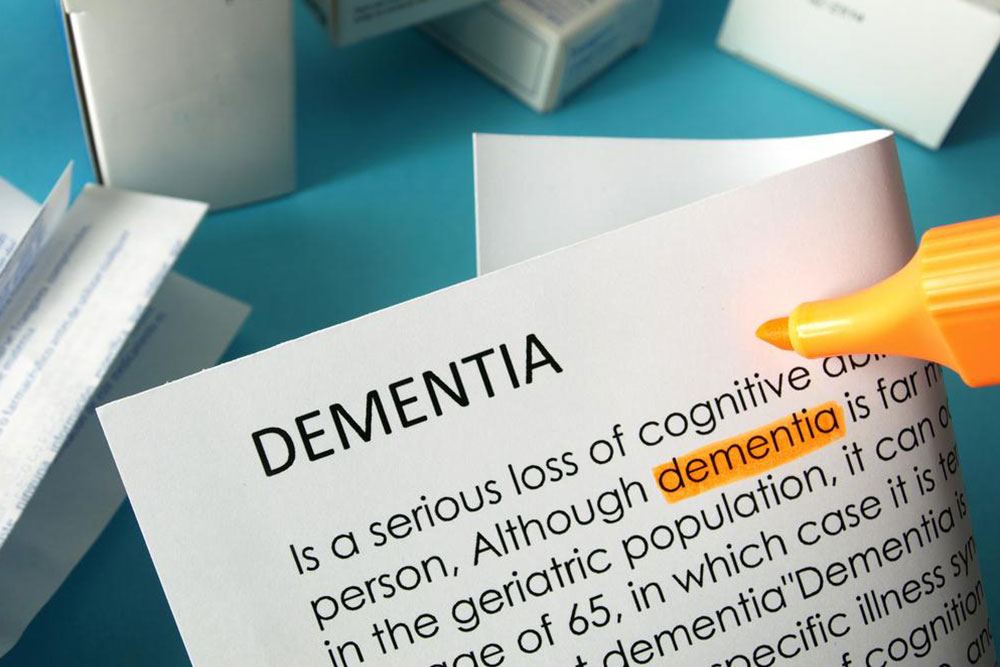Understanding the Different Types of Dementia
Discover the various types of dementia, including Alzheimer’s, vascular dementia, Lewy body dementia, Parkinson’s-related dementia, Huntington’s, and frontotemporal dementia. Learn their symptoms, causes, and progression to better understand this complex group of neurodegenerative conditions.
Sponsored

Dementia encompasses a collection of neurological conditions that hinder brain function, gradually worsening with age. Although there’s no cure, treatments can alleviate symptoms and improve quality of life. Medications may also slow disease progression. Various types of dementia exist, each with unique characteristics.
Alzheimer’s Disease
The most prevalent form of dementia, Alzheimer’s primarily affects memory and organization. Over time, symptoms worsen, including difficulty in speech, disorientation in familiar places, and poor judgment.
Besides memory issues, individuals may get lost easily, confuse dates, and exhibit personality changes.
Vascular Dementia
Usually following a stroke or multiple smaller strokes, vascular dementia’s symptoms depend on affected brain regions. Common signs include impaired decision-making, memory loss, clumsiness, behavioral shifts, and communication challenges.
Dementia with Lewy Bodies
Microscopic protein deposits called Lewy bodies can accumulate in the brain, causing cognitive decline. Symptoms include decreased attention, hallucinations, daytime drowsiness, tremors, walking difficulties, and episodes of blackout.
Parkinson’s Disease Dementia
Parkinson’s impacts the central nervous system, reducing dopamine production. Many Parkinson’s patients develop dementia characterized by symptoms similar to Lewy body dementia due to the presence of Lewy bodies.
Huntington’s Disease
A genetic disorder passing from parent to child, Huntington’s typically manifests between ages 30-50, with symptoms like forgetfulness, poor judgment, concentration issues, and planning difficulties.
Frontotemporal Dementia
This form results from cell damage in brain regions responsible for speech, emotion, movement, and judgment. It often causes personality shifts, behavioral changes, loss of social inhibitions, difficulty finding words, and balance problems.






